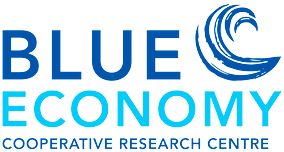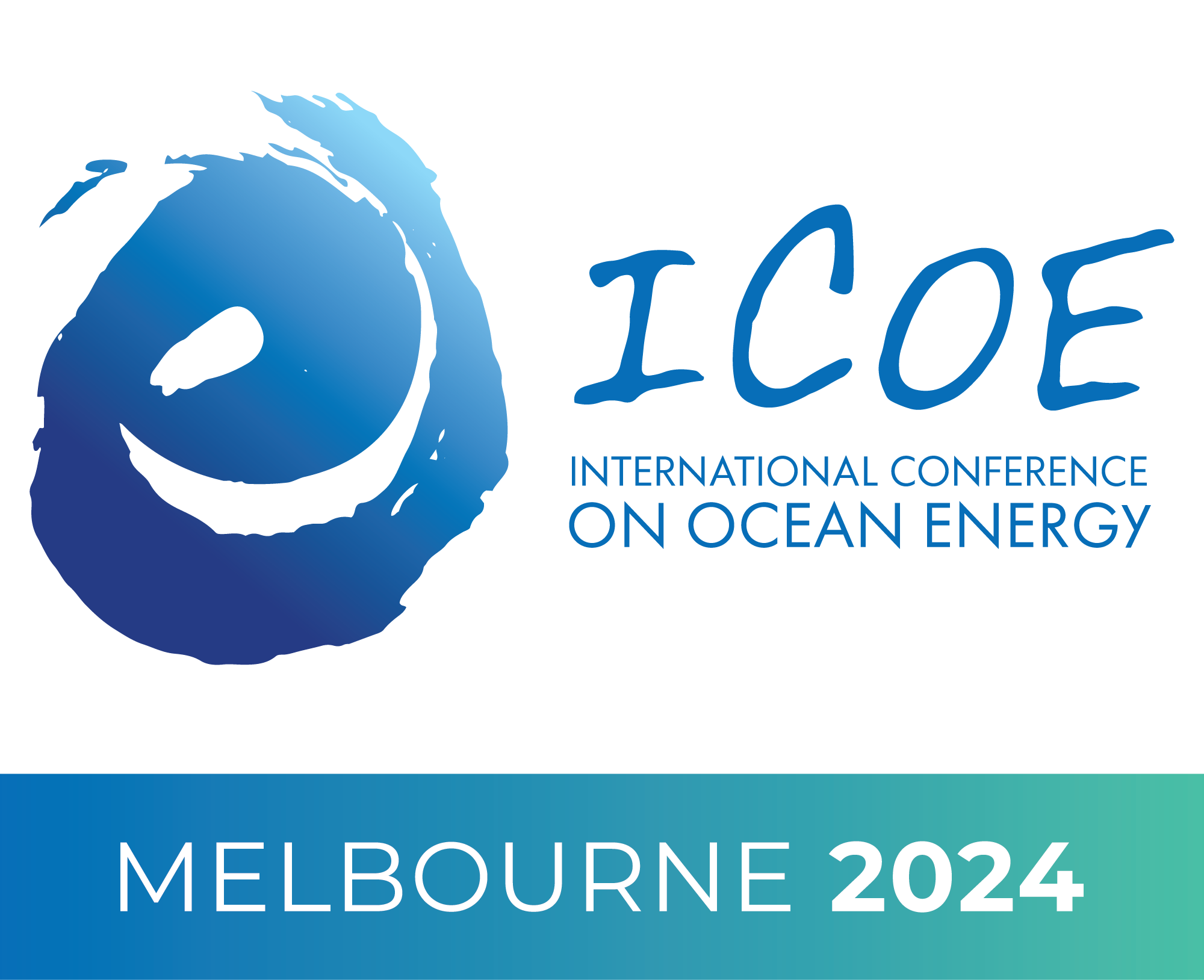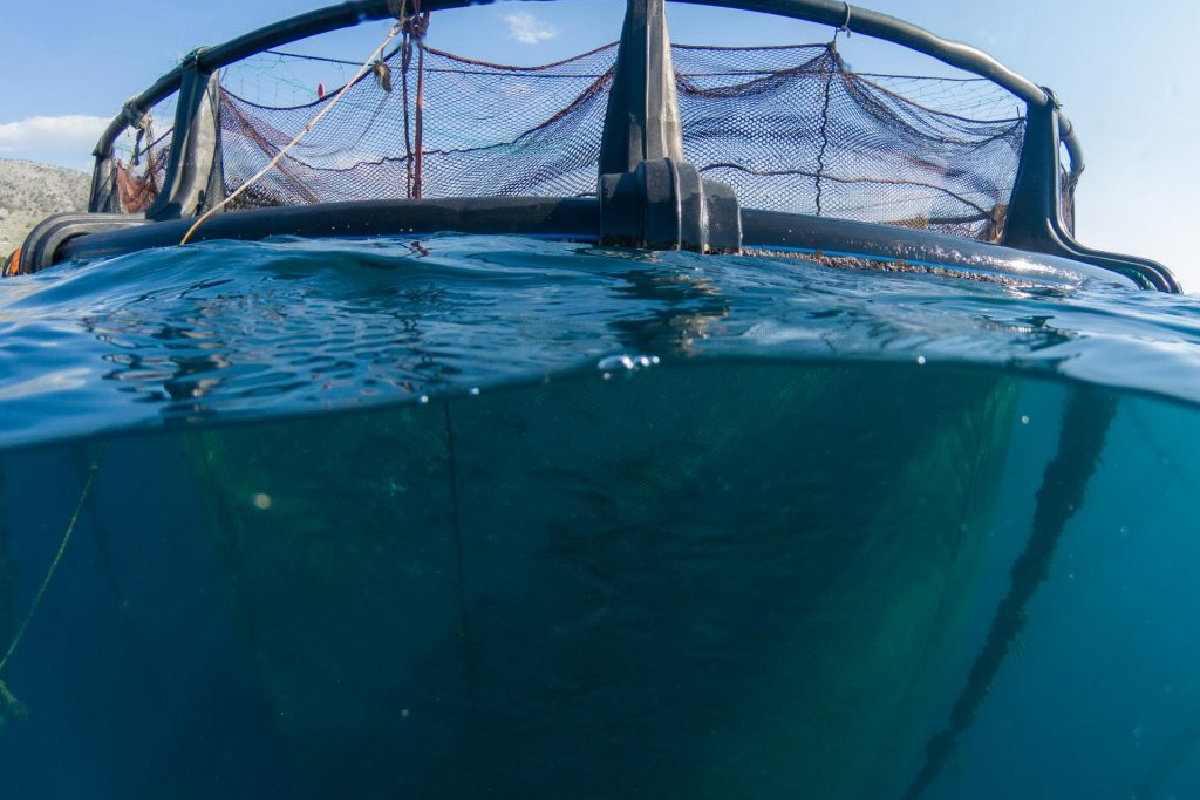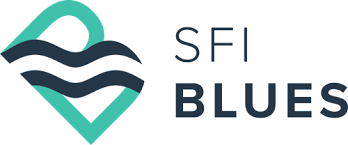Webinar: Floating Structures for the Next Generation of Ocean Industries
Tuesday 15th February
4pm – 5.30pm (AEDT)/3pm-4.30pm (AEST)/6am – 7.30am (CET)
SFI BLUES develops new knowledge and technology that will contribute to solving the several industrial and societal challenges the world is facing.
SFI BLUES is funded by the Research Council of Norway and the centre partners (industry, public and research) through the centres for research-based innovation scheme. The main objective of SFI BLUES is to enable the Norwegian industry to create novel floating structures for renewable energy (wind and solar), aquaculture and coastal infrastructure. The research areas in SFI BLUES include digitalization, design optimization, metocean, wave-structures interaction, materials, mooring and anchors.
SFI EXPOSED is a research centre focusing on developing knowledge and technologies for EXPOSED aquaculture operations, enabling a sustainable expansion of the fish farming industry. Technological innovations, such as more autonomous systems, offshore structures and vessels are needed to sustain farm production under all conditions and enable more robust, safe, controlled and continuous operations.
The EXPOSED Centre brings together global leading salmon farmers, key service and technology providers, SINTEF Ocean and other strong research groups, including AMOS (the Norwegian Centre of Excellence for Autonomous Marine Operations and Systems). The centre started in 2015 and the webinar will showcase the identified challenges of exposed aquaculture and solutions to these.
This webinar will describe the motivation and background for the centres and show examples of current research activity.
The presentations will be followed by 30mins Q&A.
Presenters
Name: Dr Vegard Aksnes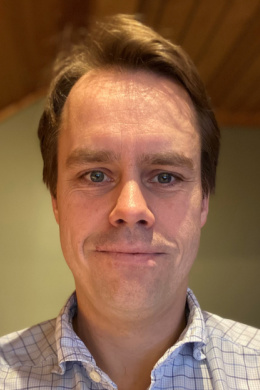
Affiliation: Centre Director – SFI BLUES & Research Manager – Marine Structures SINTEF Ocean
Vegard Aksnes works as research manager for marine structures in SINTEF Ocean and is the centre director for “SFI BLUES – Floating structures for the next generation of ocean industries” – a centre for research-based innovation. He has a PhD in Marine Civil Engineering and an MSc in Mathematics, both from NTNU in Trondheim, Norway. His research has focused on dynamic response of floating structures for offshore oil and gas, aquaculture, floating bridges, and offshore wind.
Name: Dr Hans Bjelland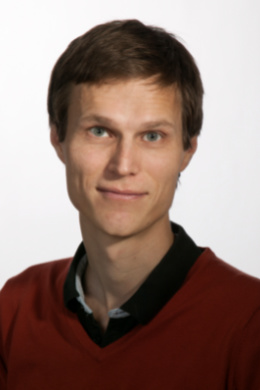
Affiliation: Research Director of the Aquaculture department – SINTEF Ocean
Dr. Bjelland is the Research Director of the Aquaculture department at SINTEF. The organisation has a broad interaction with Norwegian and international aquaculture industry, conducting fundamental and applied research. Bjelland is also the Director of the Centre for Research-Based Innovation on exposed aquaculture operations, hosted by SINTEF with participation from major fish farmers and technology providers.
Facilitator
Name: Prof Chien Ming Wang 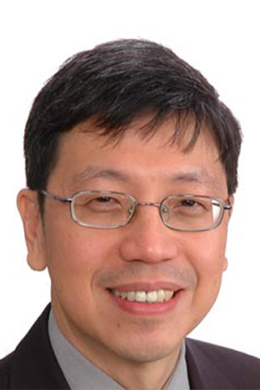
Affiliation: Structural Engineer/Program Leader, University of Queensland
Offshore Engineering & Technology Program Leader, Blue Economy CRC
CM Wang is the Transport and Main Roads (TMR) Chair Professor in Structural Engineering, University of Queensland. Prof Wang is a Chartered Structural Engineer, Fellow of Australian Academy of Technology and Engineering, Fellow of Academy of Engineering Singapore, Fellow of Institution of Engineers Singapore, Fellow of Institution of Structural Engineers and Fellow of Society of Floating Solutions (Singapore). He is the leader of Research Program #1 on Offshore Engineering and Technology in the Blue Economy CRC.
Panelist
Name: Dr Nagi Abdussami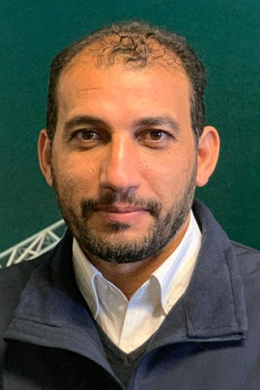
Affiliation: Lecturer in Ocean Engineering, AMC – University of Tasmania
Deputy Program Leader, Blue Economy CRC
Dr Nagi Abdussamie is the Deputy Program Leader for Research Program 1 – Offshore Engineering & Technology. Dr Abdussamie has been a teaching/research member at the Australian Maritime College, University of Tasmania since 2013. Before that Dr Abdussamie was a marine surveyor with the American Bureau of Shipping (ABS) which is one of the world’s leading classification organisations. His industry experience with ABS on several new building and operational projects of both ships and offshore structures has enabled him to effectively build his research portfolio and teaching philosophy. Research and teaching enable Dr Abdussamie to share his previous field experience with ocean engineering students in the classroom.
